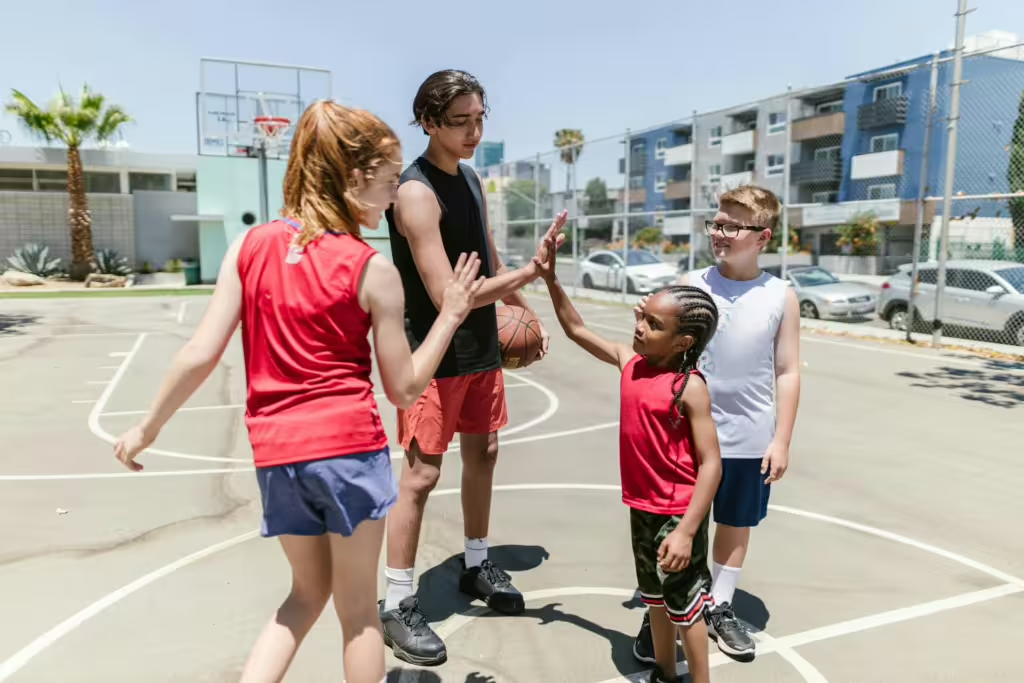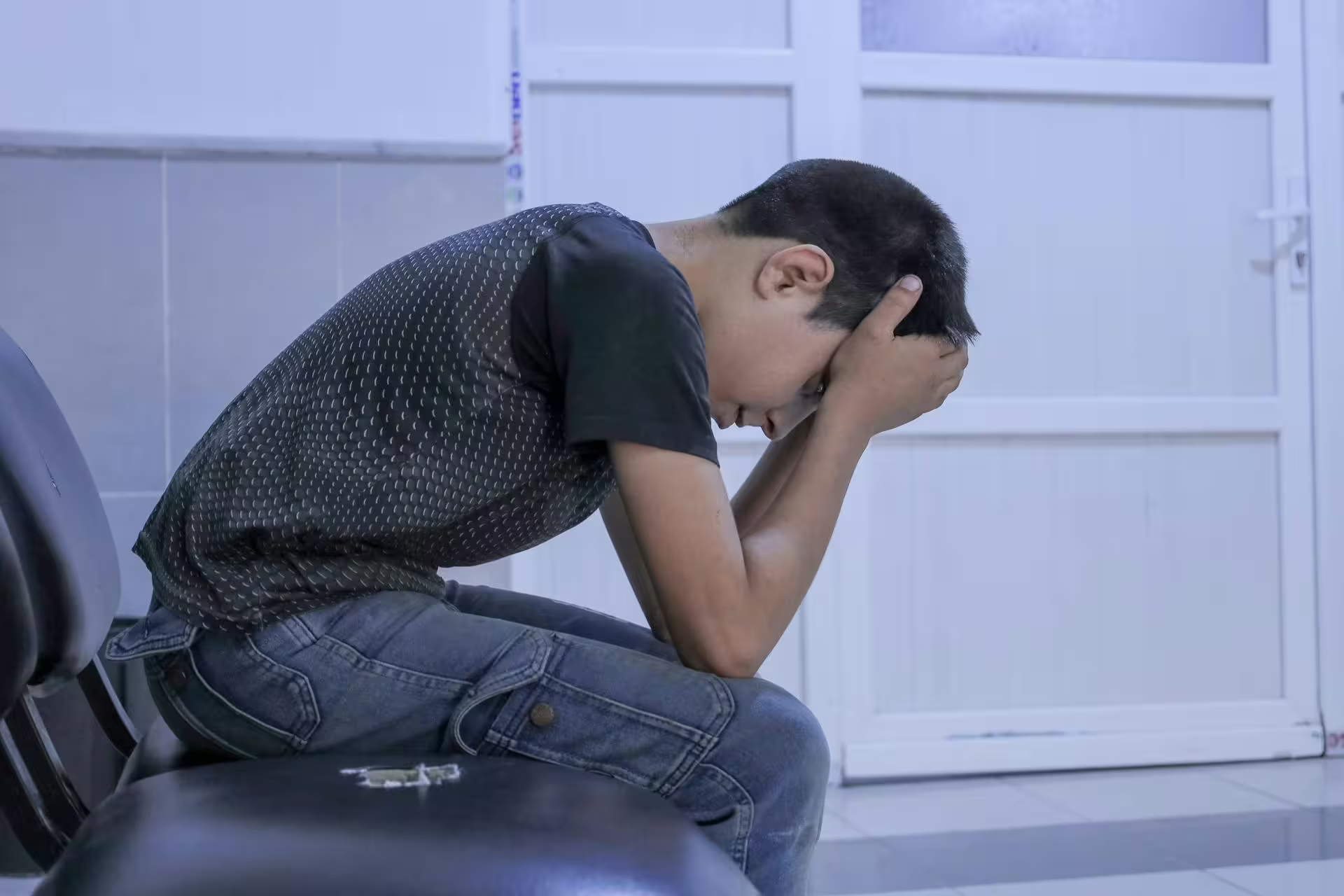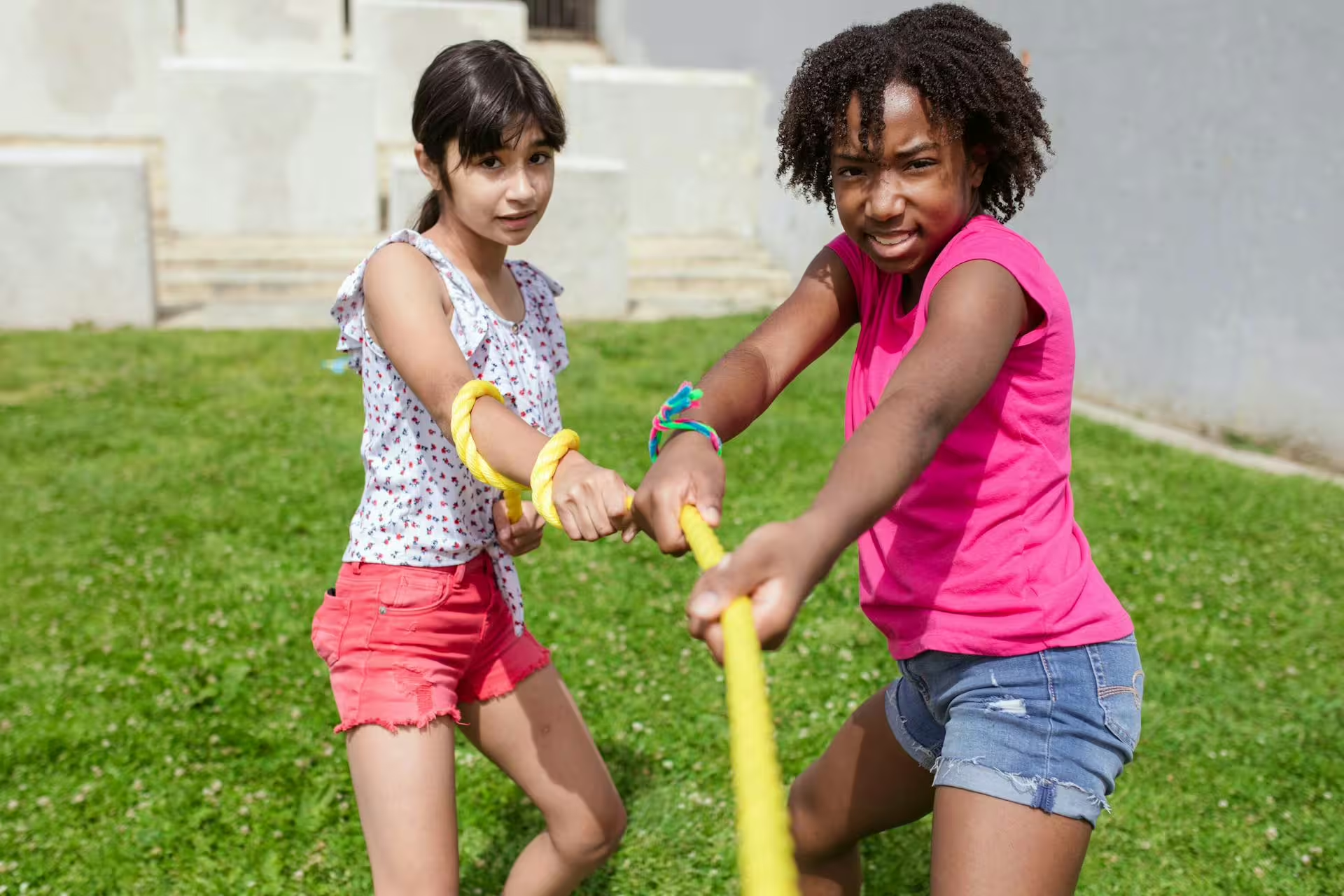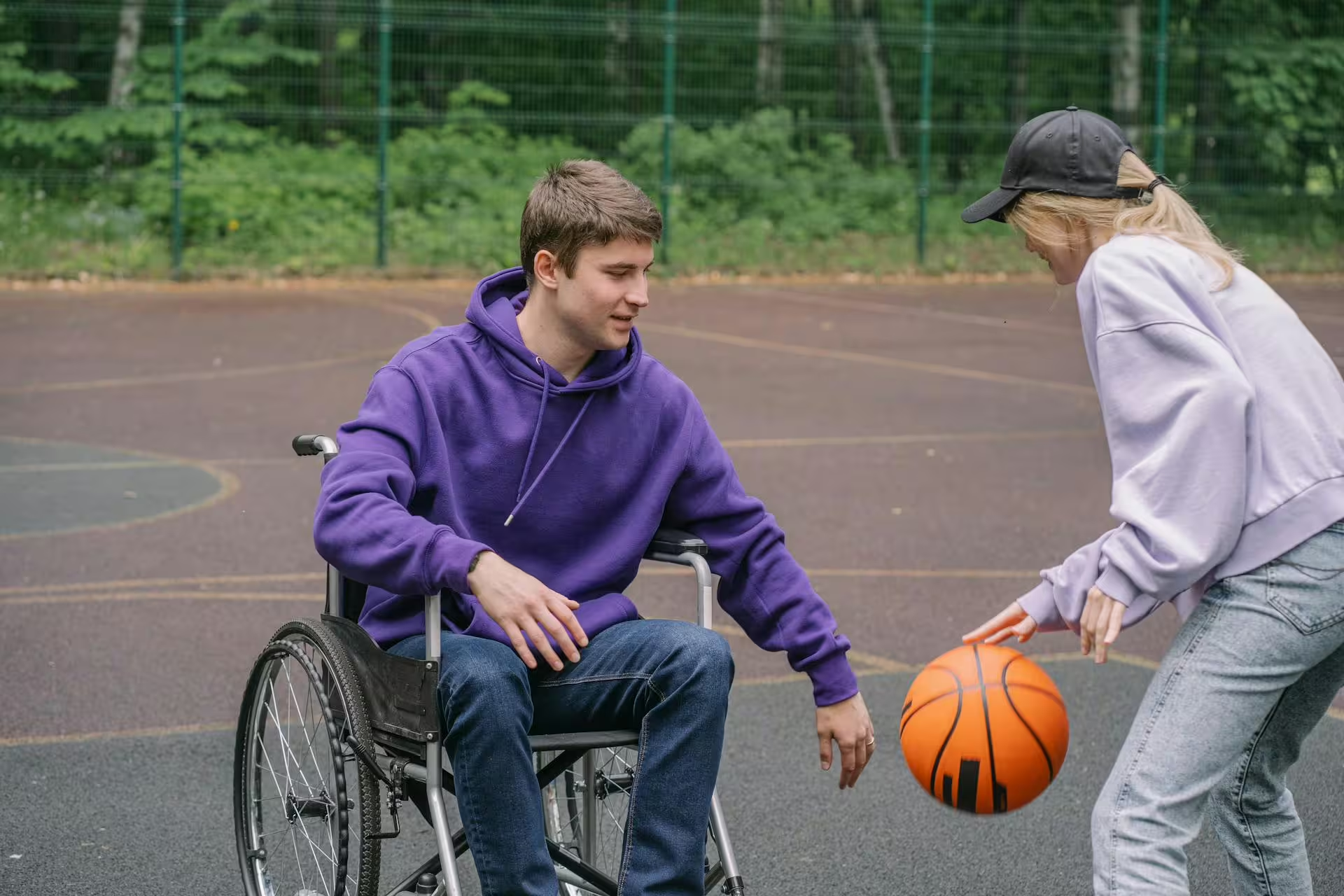For some folks, basketball is more than just a sport; its a lifestyle. Despite all these super fans and professional players, however, there are many people, parents, in particular, who don’t realize how beneficial basketball can be for young children. Perhaps they never got the chance to lay themselves, perhaps they weren’t a sports kid, whatever the reason, these parents are just unfamiliar with basketball and as a result, their own kids might be missing out on some great youth sports opportunities.
For children, basketball can be a powerful tool for developing valuable life skills; things that will ultimately serve them well beyond the court. Among the most important of these are teamwork, communication, and leadership, not to mention physical skill and a potential for lifelong love of physical exercise. In essence, all of these are traits that parents would value and that a child’s future success often depends on.
What many uninitiated parents fail to see, at least at the start, is that when kids learn to work together in a sport like basketball, they learn to trust others. At the same time, they can learn to lead with confidence, listen effectively, and think unselfishly. Such behaviors are not intrinsic to young children, which is why sports and socialization are so important to their emotional development.
In this article, we will explore how basketball builds these skills and more. We will teach parents the most effective ways of actively supporting their child’s growth through basketball, without putting any undue pressure on their young athletes. So, whether your child dreams of playing professionally or just enjoys shooting hoops with friends, get ready to show them how basketball can help them set up their entire lives with the perfect three-pointer.
Why Basketball is Ideal for Teaching Teamwork
Basketball, by design, demands collaboration among players. Unlike individual sports where success relies mostly on an athlete’s personal effort, basketball requires players to constantly work together, trust one another, and communicate effectively to get the ball to the basket. In short, no one wins alone in basketball.
During play, each player must:
- Pass the ball
- Set up plays
- Trust teammates to make decisions
- Defend and rebound as a unit
This is why basketball is always lauded as such a natural environment for practicing teamwork from an early age. Children get a firsthand look at how success hinges on working together.
From the first moments that a child gets placed on a team, they begin to understand the basics. They quickly learn that individual talent only goes so far and that they are going to need their teammates if they want to win. At the same time, they begin to empathize, learning that their teammates need them just as much. That sense of mutual reliance can often lay the groundwork for respect, empathy, and unity in a child’s life and future socializations.
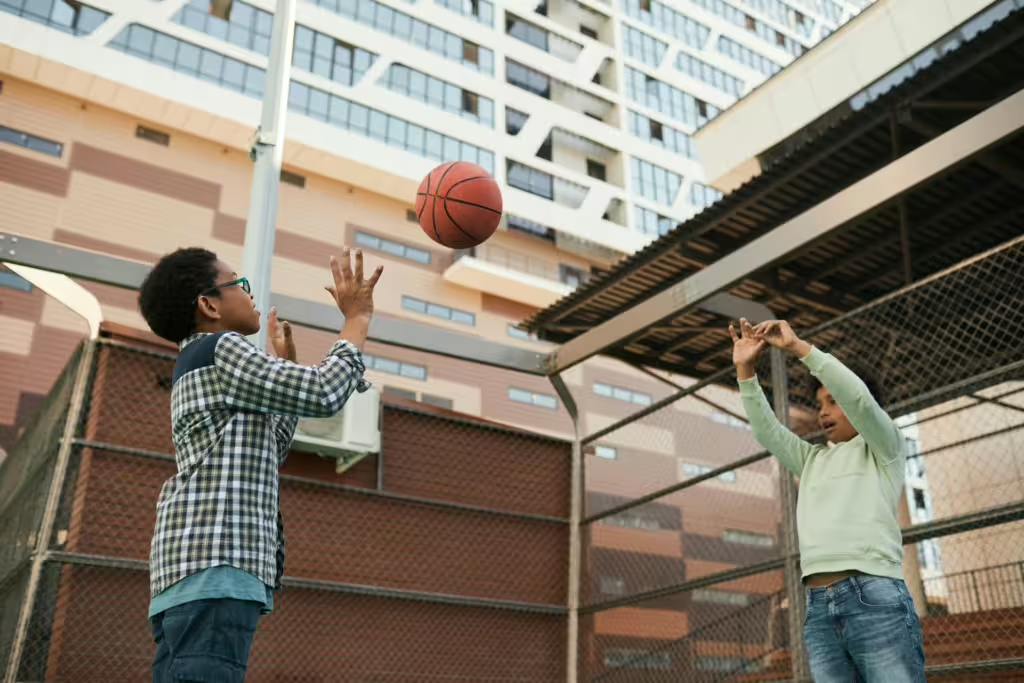
Basketball also teaches the often unfamiliar concept of roles on a team. For example, one player may excel at shooting, another might be better at defense, and yet another might be best when it comes to passing. Gaining the ability to recognize and respect these differences in strengths helps children understand the value of everyone contributing to a shared goal. This is a concept that will help them in different forms of collaboration throughout their lives, from school, to relationship dynamics, to the workplace.
How Basketball Develops Communication Skills
In basketball, communication isn’t optional — it’s a critical component of the game. Players must talk during games in order to call for the ball, warn teammates about incoming defenders, adjust strategies, and set up plays. Good communication is the key to success and players need to be open if they want to be clear and understood.
The thing is, when children begin learning basketball, or any sport for that matter, they are often shy. This is understandable, as everything and everyone is new to them. To mitigate this inherent shyness, coaches might employ ways of encouraging them to “talk on defense” or “call for the ball.” As a child gains confidence in their own ability to communicate, they begin to realize that clear, consistent communication makes the game smoother and more successful for everyone on the team.
Over time, young athletes soon develop the ability to:
- Use verbal signals (“I got ball!” or “Switch!”)
- Read non-verbal cues (hand gestures, eye contact)
- Listen actively to coaches and teammates
- Share ideas respectfully during timeouts and breaks
These skills aren’t just useful for the court, either. They can transfer beyond sports and help them in other situations that require communication and/or collaboration…which is essentially every other thing they are likely to do in their lives. There is some proof that children who are taught to speak up respectfully on the court are more likely to speak up in school, in group projects, and eventually, in the workplace.
Parents can also assist in developing these communication skills by encouraging their child to:
- Ask questions to coaches and assistants during practice
- Share suggestions with their teammates
- Listen carefully when coaches or teammates are speaking
It’s important to remember that good communication isn’t just about talking — it’s about listening and responding thoughtfully to what others might impart.
Leadership Development Through Basketball
Did you know that youth basketball can help your child be a better leader? While it is certainly true that every player on a basketball team must collaborate, natural leaders often emerge from amongst the throng. Good coaches will be able to spot these children with leadership qualities and place them in roles such as captain, but it is not always clear to spectating parents which kids will make the cut. Indeed, many parents don’t realize right away that their own child has leadership potential.
This is because good leadership isn’t just about being the loudest voice or the highest scorer — it’s about setting a good example for others, lifting others up, and making decisions under pressure; even if those decisions don’t always work out in the end.
So, how does basketball teach young athletes leadership? Simple, by encouraging them to:
- Lead by example through hustle and attitude
- Stay positive after mistakes
- Help struggling teammates
- Make quick, confident choices during games
Remember, some kids naturally step into leadership roles, while others may have to grow into them with encouragement and opportunity. Both are valuable paths.
Coaches who recognize this will often rotate captains in youth basketball, giving different kids a chance to lead warm-ups, call plays, or represent their team in conversations with referees. Giving these options to more than one child teaches responsibility without overwhelming any single one of with undue pressure. Leadership opportunities like these help young athletes build confidence, decision-making skills, and empathy, all critical traits for future success.
As with teamwork and communication, parents can do their part to support leadership development by:
- Praising leadership actions (“I love how you encouraged your teammate today!”)
- Reminding children that leadership is about kindness and effort, not just performance
- Helping them understand that good leaders listen as much as they talk
Something to keep in mind is that leadership is best nurtured through encouragement, not assignment.
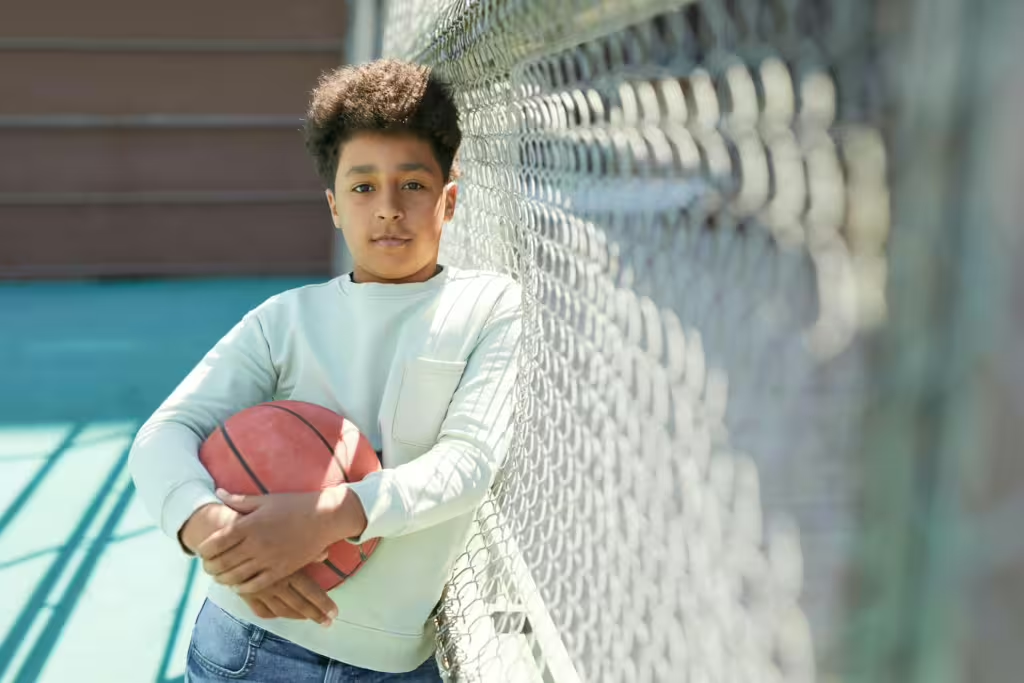
Teaching Unselfish Play
If a parent is doing their job right, a child will know that “sharing is caring” from well before they start youth basketball. Fortunately, even if they are struggling with it somewhat, basketball naturally promotes unselfishness. Think on it for a moment; a selfish player who never passes can easily hurt their team — leading to turnovers, frustration, and losses. This, in turn, can make all teammates disdain them and might even force them to realize that they need to change if they want to succeed and keep the respect of their peers.
Remember, good basketball is built on sharing the ball, making the extra pass, and trusting one’s own teammates. When kids experience the thrill of a beautiful assist — helping a teammate score — they might just begin to realize the joy of shared success. Some may find, to their surprise, that doing their part, accepting their role, succeeding at it, and having their teammate score…feels just as good, if not better, than scoring themselves.
Early lessons for young athletes in this regard include:
- Passing quickly rather than holding the ball too long
- Setting screens to help teammates get open
- Celebrating teammates’ successes with high-fives and cheers
- Understanding that “the best shot” is sometimes someone else’s shot
These habits help to build the foundation of a team-first mentality, which can serve children well beyond the basketball court. In life, team players are often lauded as the most respected classmates, colleagues, and leaders.
Parents can do their piece to encourage unselfishness by:
- Celebrating great passes and team play
- Watching and pointing out teamwork in professional games
- Reinforcing that winning is about the team, not just individual stats
Remember parents, teaching children to value the team over themselves nurtures humility, generosity, and better sportsmanship.
Handling Wins and Losses as a Team
In basketball, just like in life, there will are going to be ups and downs; wins and losses. This is why some of the most valuable lessons young athletes can learn is how to win graciously and how to lose with dignity.
When children win:
- Parents should encourage them to celebrate with their team, not over their opponents.
- Parents can teach their kids to thank referees and shake hands respectfully with opponents as well as teammates.
- Parents should always remind their children that team effort is what made this victory possible.
When children lose, other tactics need to be employed:
- First, parents should help their children see the positives in their effort.
- Parents should always reinforce that mistakes are opportunities for learning.
- Finally, parents need to teach kids to support their disappointed teammates and to commiserate with them, striving to do better next time.
This last one is perhaps the most essential, as focusing on collective experience — not individual blame or glory — helps children to build emotional maturity and resilience in the face of defeat. Remember, basketball and nearly all sports, can be very humbling for kids, and that’s by design. These activities show kids that sometimes you can play your best and still lose — and that’s okay. In the end, it is how they respond to these wins or losses that matters most, not the result of a single play, game, or even season.
How Coaches Influence Teamwork Development
While parents are an important part of the youth sports experience, one cannot forget that coaches are the frontline leaders when it comes to teaching teamwork, leadership, skills, and resilience through basketball. The best youth coaches will often:
- Rotate leadership roles to build confidence in every child
- Praise teamwork openly and frequently
- Set expectations that team success is greater than individual glory
- Create practice drills that require collaboration (like passing challenges, team shooting drills) so that every kid learns the most essential parts of the game
If your child is in a program that focuses solely on wins and trophies without teaching sportsmanship and team building, it might be time to switch. This type of team might not be best for your kid’s overall development and seeking a more balanced environment will likely be the best course of action.
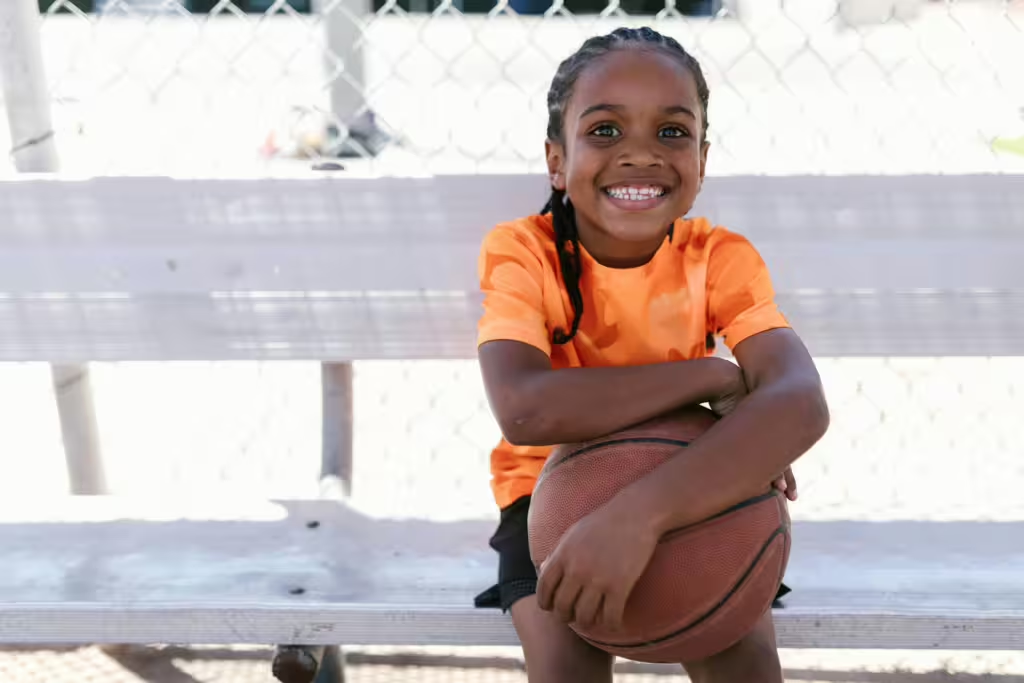
Cultured Athlete Says…
As you can see, basketball is an incredible way to teach children the skills of teamwork, communication, leadership, and unselfishness. These essential traits will go on to serve them long after the final buzzer sounds. As parents, we are well-placed to provide encouragement and to teach our children to approach the game with a team-first attitude. We can celebrate their growth and model good behaviors in our homes, setting them up for success not just on the court, in school, their careers, and their future relationships.
If you want your child to succeed through basketball, try and remember these important aspects. Do your best to focus on effort and cooperation over wins. Celebrate communication and leadership in all its forms. Most importantly of all, be the steady, positive support that every young athlete, nay child, needs. You can do it, parents. We believe in you!
Discover more from CulturedAthlete
Subscribe to get the latest posts sent to your email.

